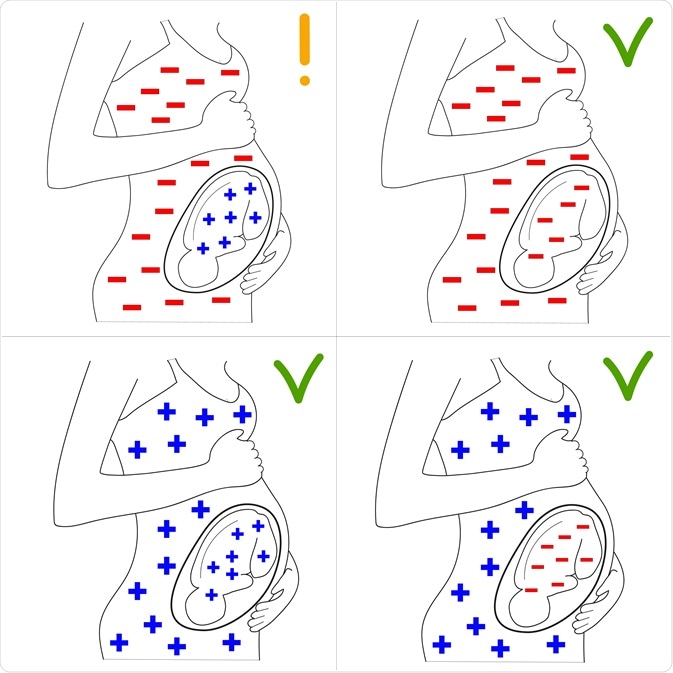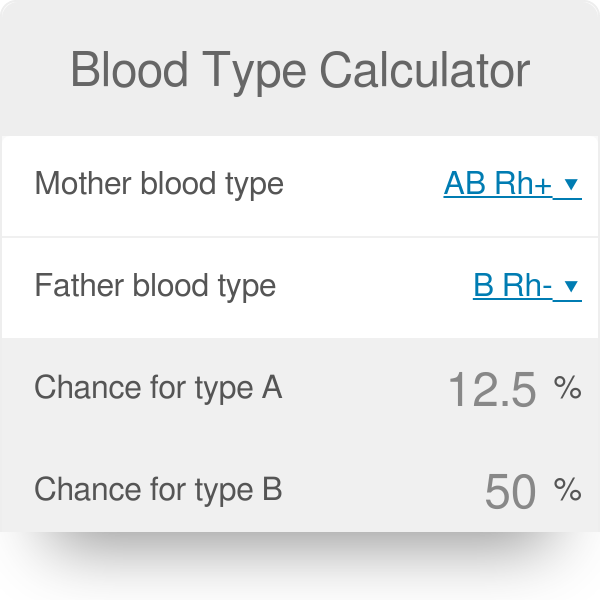

Once pregnancy happens in a sensitized woman, development of HDFN and its consequences can be prevented today by close supervision, timely diagnosis by maternal antibodies against Rh D and fetal monitoring and then intra-uterine transfusion when needed. Unfortunately, Rh isoimmunisation continues to be a significant health problem in India.


and secondly, post-natal Rh prophylaxis in all Rh-negative women delivering a Rh-positive baby within 72 hours. Prevention can be achieved by Rh immunoglobulin (Rhlg) injection at any potentially sensitizing event such as spontaneous miscarriage, termination of pregnancy, ectopic pregnancy, external cephalic version, ante-partum haemorrhage etc. Though preventable by preventing sensitization of Rh-Negative women, Rh isoimmunisation continues to account for 97% of haemolytic disease of the new-born (HDN). Perinatal loss due to Rh isoimmunization has been reported to be between 1% and 2.5%. Those who survive have a higher neonatal morbidity and mortality as a result of hyperbilirubinemia (high bilirubin in blood), anaemia and kernicterus. This leads to progressive anaemia coupled with hypoalbuminemia (low albumin in blood) and fetal heart failure (hydrops fetalis), an important cause for still births and early neonatal deaths. The mother’s immune response often ends up destroying the foetal RBCs resulting in a haemolytic disease of the f o etus and new-born (HDFN). The complications of Rh incompatibility can be prevented with close surveillance of the pregnancy for rising maternal antibodies and fetal health and timely medical intervention. As t he reported incidence of Rh sensitization during pregnancy is about 1-9%, all pregnant women must be screened for their blood type and Rhesus status on their first ante natal visit itself.

PREGNANCY A NEGATIVE BLOOD TYPE SERIES
This can cause a series of potentially devastating effects. Rh antibodies made in a woman’s body can then cross the placenta and attack the fetal red blood cells with D positive blood group. When a Rh-Negative woman conceives a Rh-Positive baby, the mother’s immune system can perceive the fetus as foreign protein and develop antibodies against it. What happens when Rh-Negative woman conceives? Risk of Rh incompatibility occurs when a woman with Rh-Negative blood type conceives a Rh-Positive baby. Experts suggests that the estimated incidence of Rh-D negative blood group in India varies between 3% and 6%. If left untreated, a Rh incompatible pregnanc y may end up in a miscarriage or a still birth, apart from posing the threat of fetal anemia, severe jaundice and even neurological disorders in the new-born. Rh incompatibility is a potentially dangerous condition that has serious consequences on f e tal health. Unfortunately, a large number of Rh negative women susceptible to be affected with RH incompatibility fail to receive preventive treatment due to lack of awareness and paucity of adequate facilities especially in rural areas. Are you a woman with Rh Negative blood type planni ng a pregnancy? If yes, then you might be at the risk of experiencing pregnancy related complications due to Rh incompatibility and awareness is critical for you to ensure timely medical intervention.


 0 kommentar(er)
0 kommentar(er)
